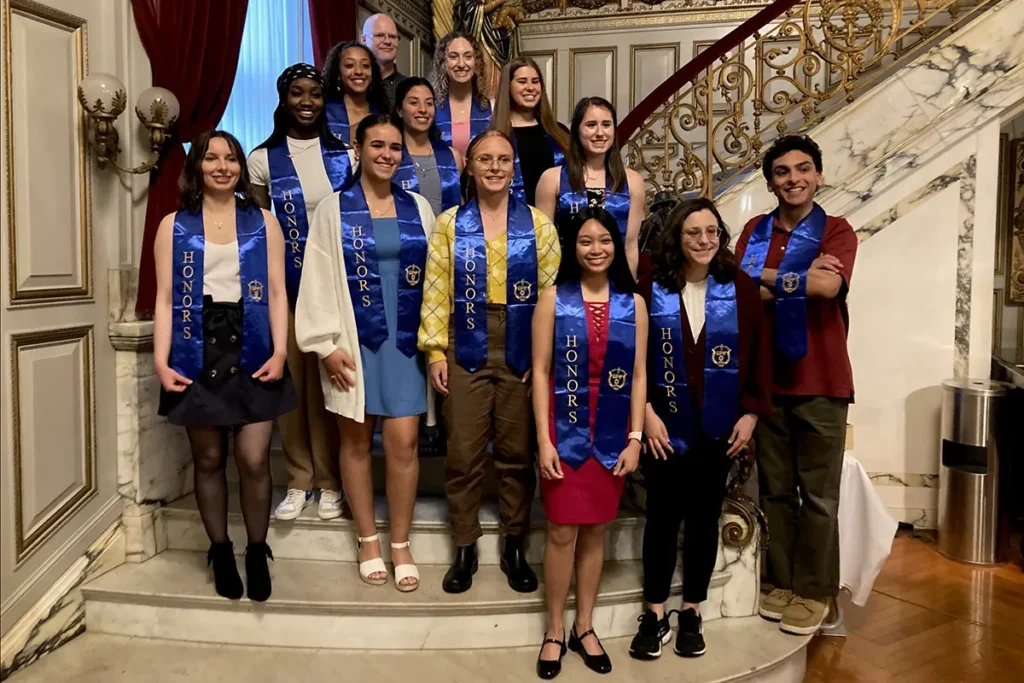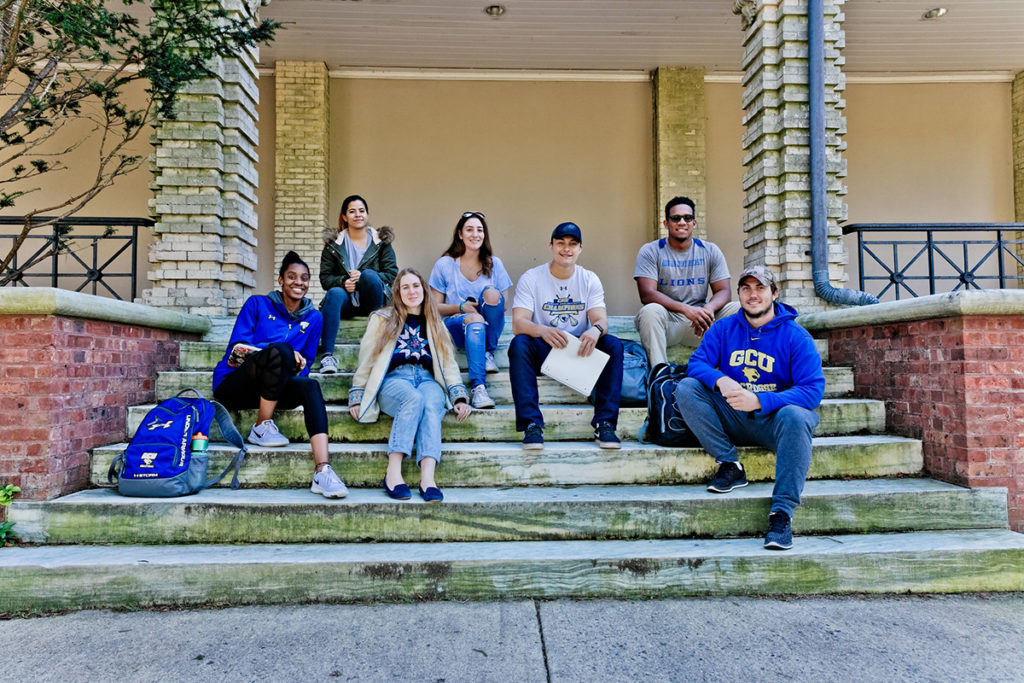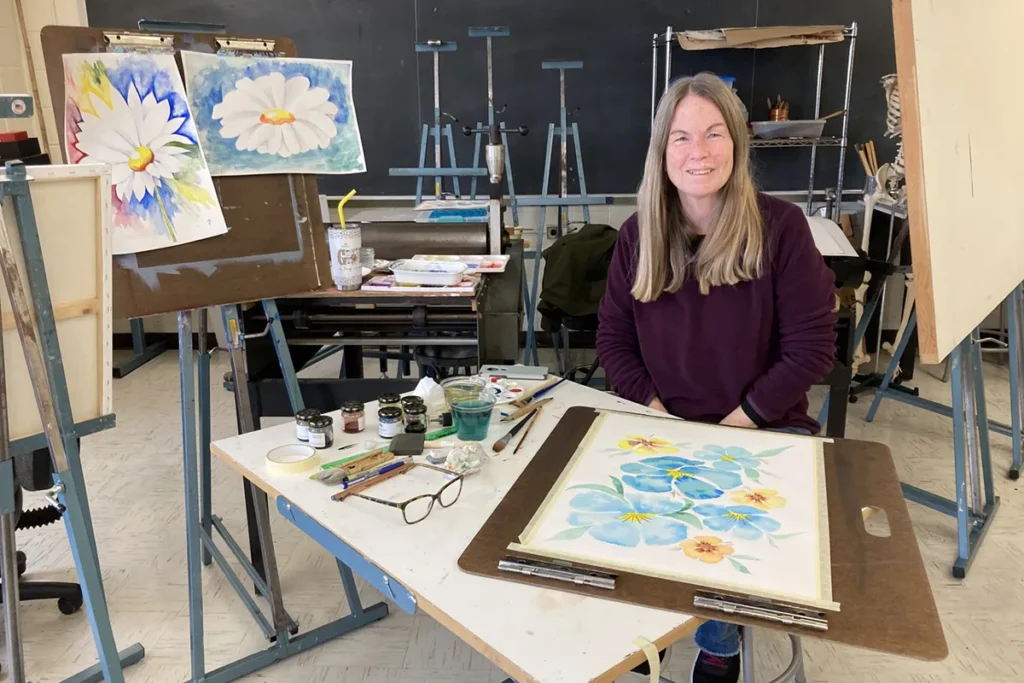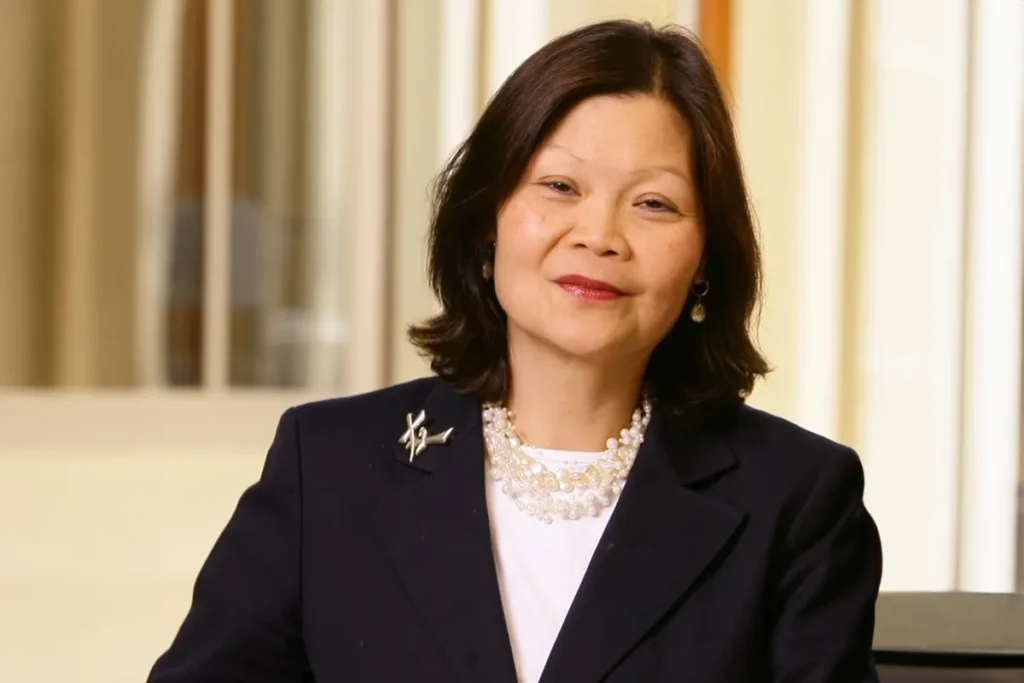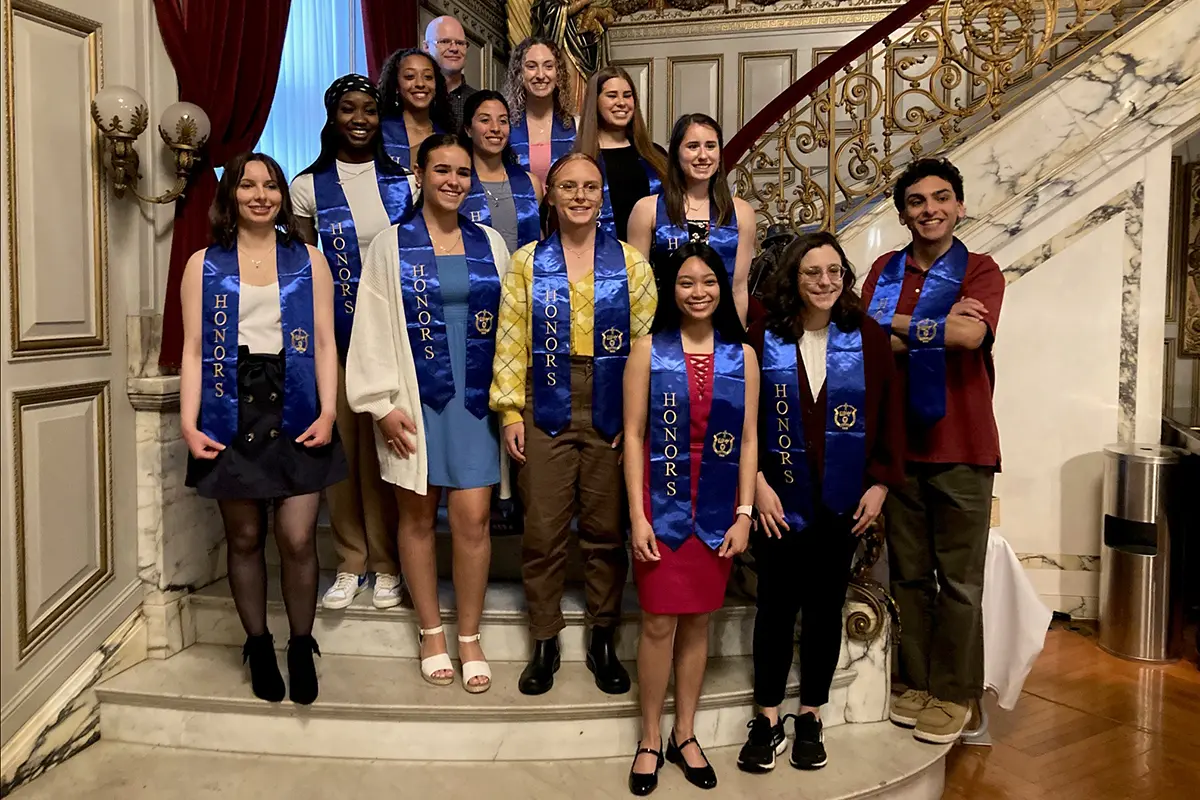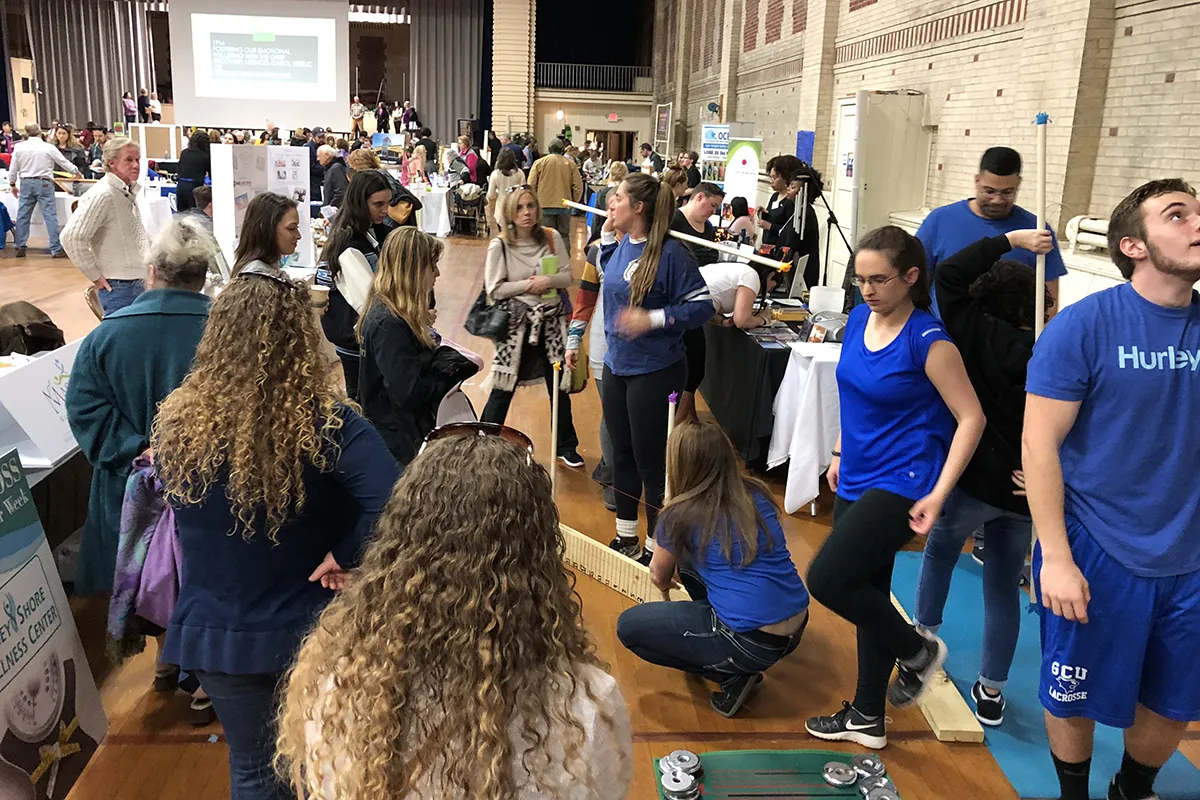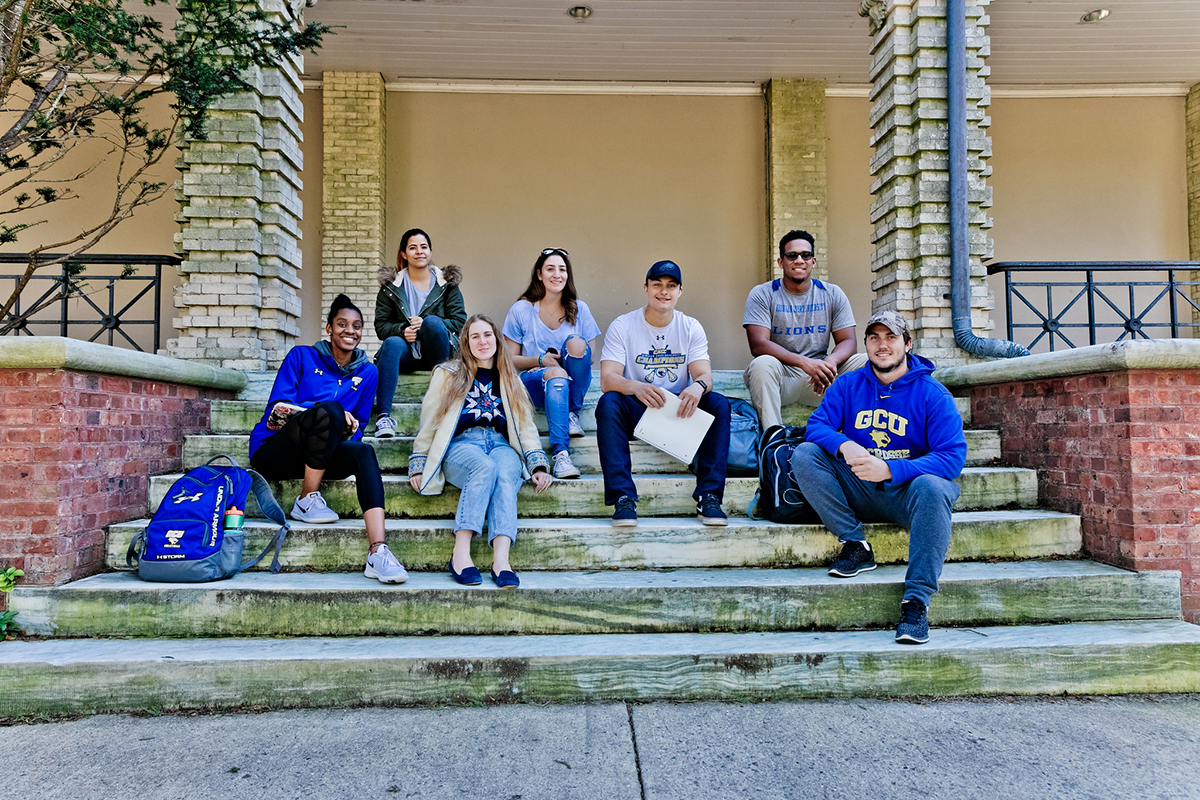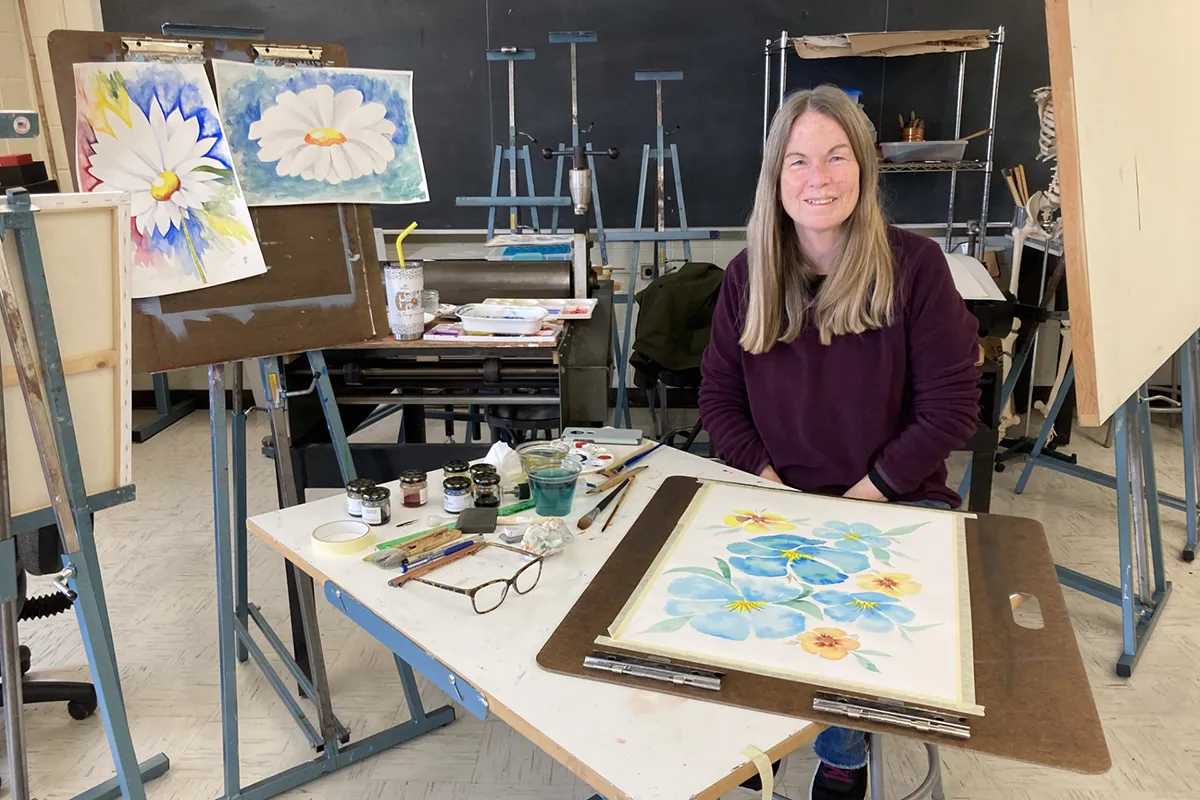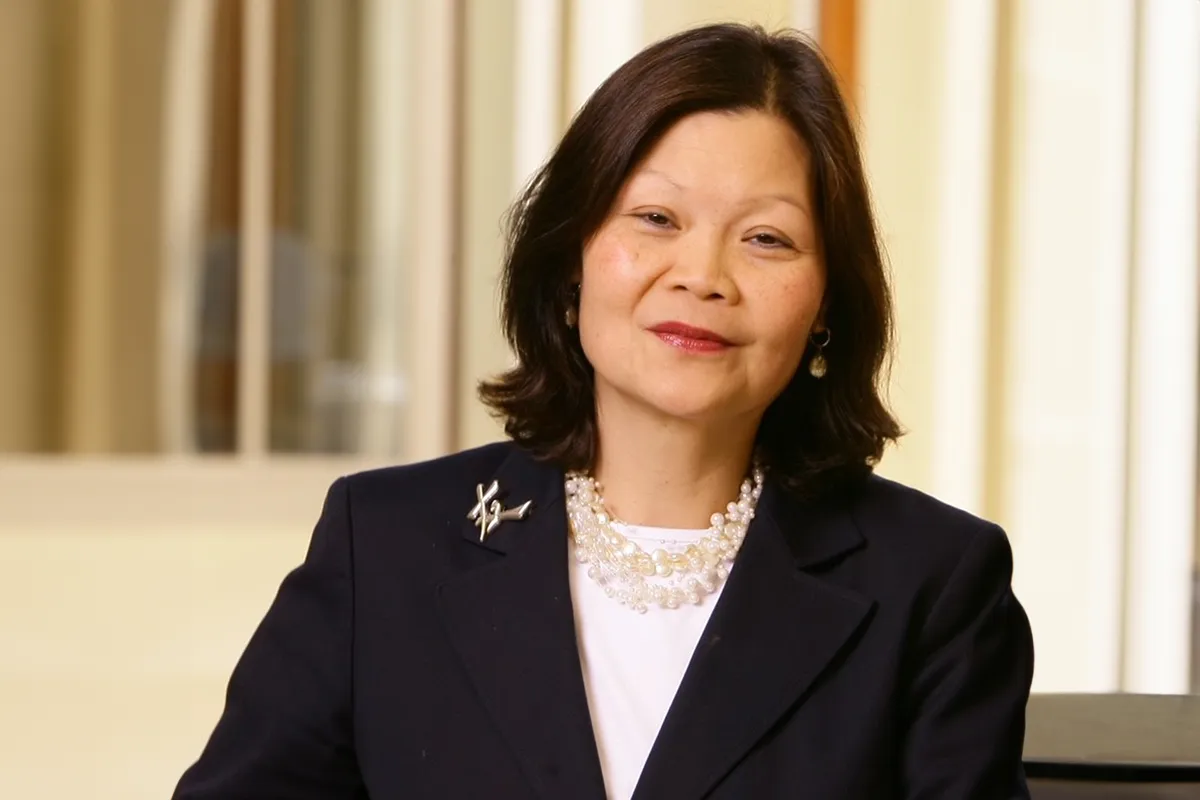On January 14, Georgian Court University hosted their annual Servant Leadership Summit. More than 100 students, faculty, and staff from GCU, Caldwell University, Seton Hall University, and Drew University gathered on Zoom to learn what it means to serve, a Mercy core value, as well as to be a leader. The Mercy core values are the backbone of GCU and provide students with a foundation for ethical leadership and service.
Fresh Leadership Perspective
This year’s Servant Leadership Summit keynote speaker was Dr. Joshua Fredenburg, leadership/diversity consultant, TEDx speaker, and president/founder of the award-winning Circle of Change Leadership Experience. Dr. Fredenburg offered information that would be valuable to the current situation in our nation, especially as it relates to civility. He presented listeners with a style of leadership that is focused on serving others and making sure that the needs of others are the highest priority. His servant leadership model philosophy, which enables a person to thrive and succeed as a leader despite any disagreements, focuses on three As: aspire to lead with love, activate empathy, and aim to lead with the right perspective.
“The Servant Leadership Summit, which centered on facilitating difficult conversations and interactions, provided students with motivation and useful strategies,” said Amani Jennings, GCU dean of students. “We also discussed how building campus communities that allow for diverse and conflicting opinions is not easy and requires the insight of students, faculty, staff, and administration.”
“I was very impressed with Dr. J, the keynote speaker. He was amazing and his message came through clearly because of his obvious passion,” said Maureen Ruotolo, assistant director of career services and student employment. “It was very powerful and a bit overwhelming.”
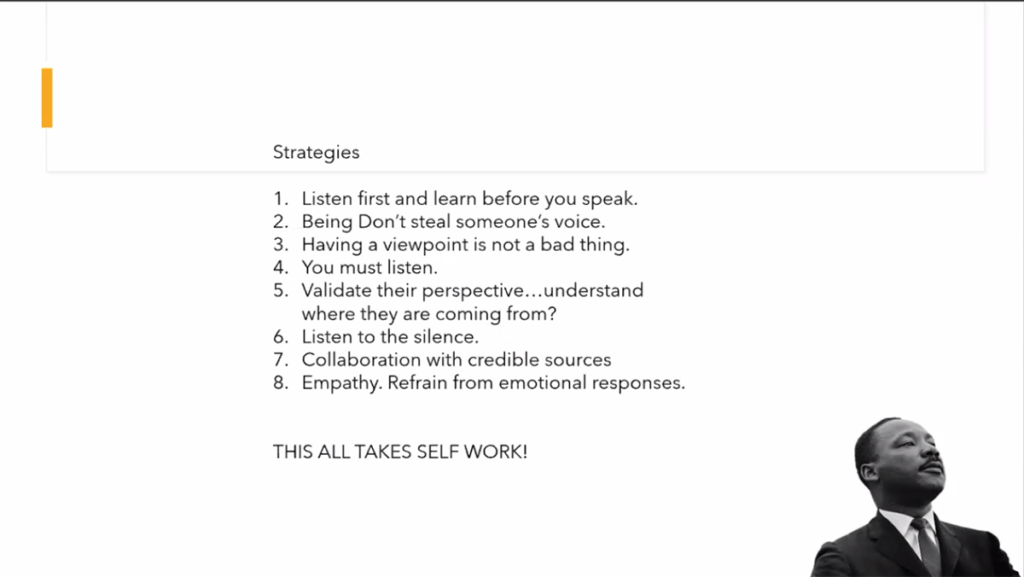
Building on the Servant Leadership Conversation
Following Dr. Fredenburg’s speech, students were split into breakout rooms with student leaders. Students were asked to respond to a question and offer strategies for addressing the issue. The questions included “How has COVID impacted and effected our ability to have these ‘tough conversations’ and to lead?” “What topics do you find difficult to discuss?” and “How do you feel about people who hold different viewpoints and why?” Some key responses from these sessions included listening first and learning before you speak, validating others’ perspectives, listening to the silence, and having empathy—all of which take self-work.
“My biggest takeaway was how a true leader is not just dominant, but is also humble and a great listener,” said Tyrone McDaniels, a GCU psychology major. “Therefore, to be a great leader, you must humble yourself, listen to others, and be willing to be wrong.”
Story by Alycia Bardon ’22, a digital communication major at Georgian Court University.


